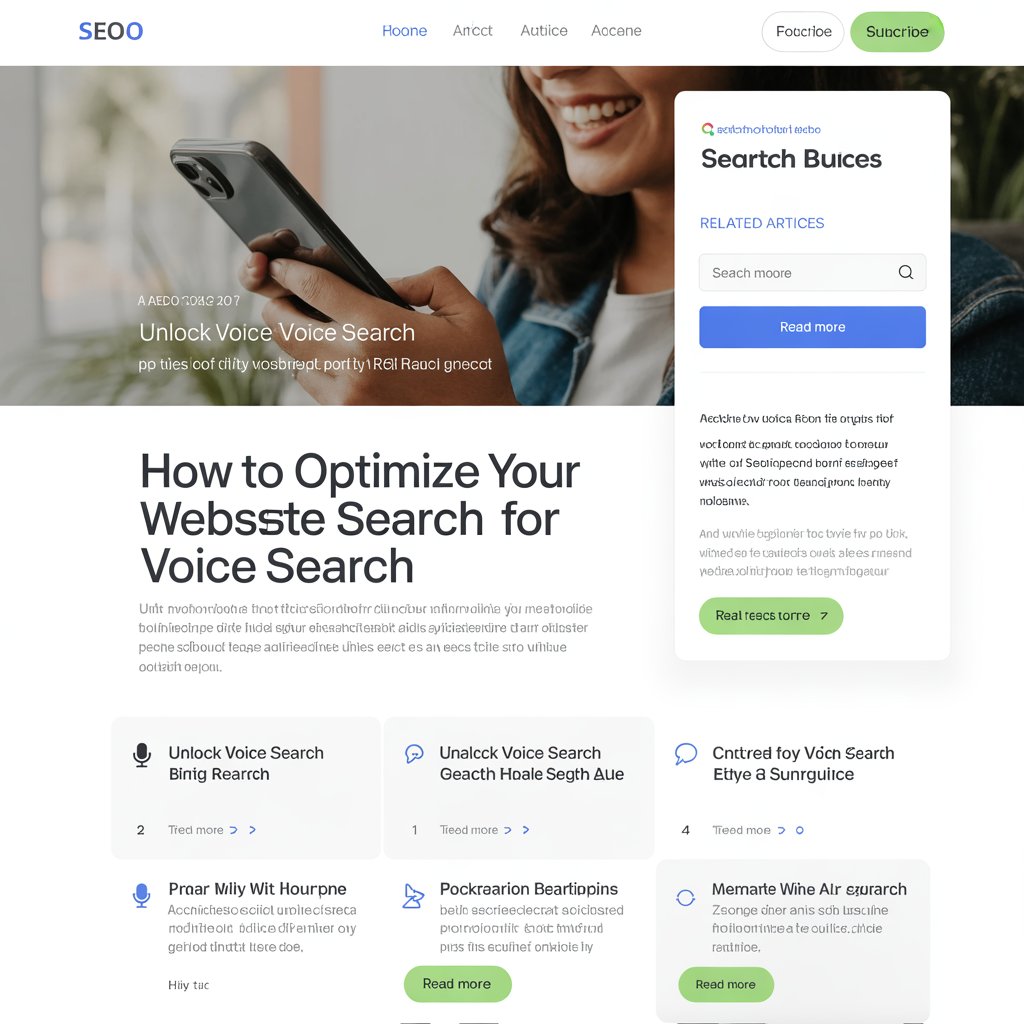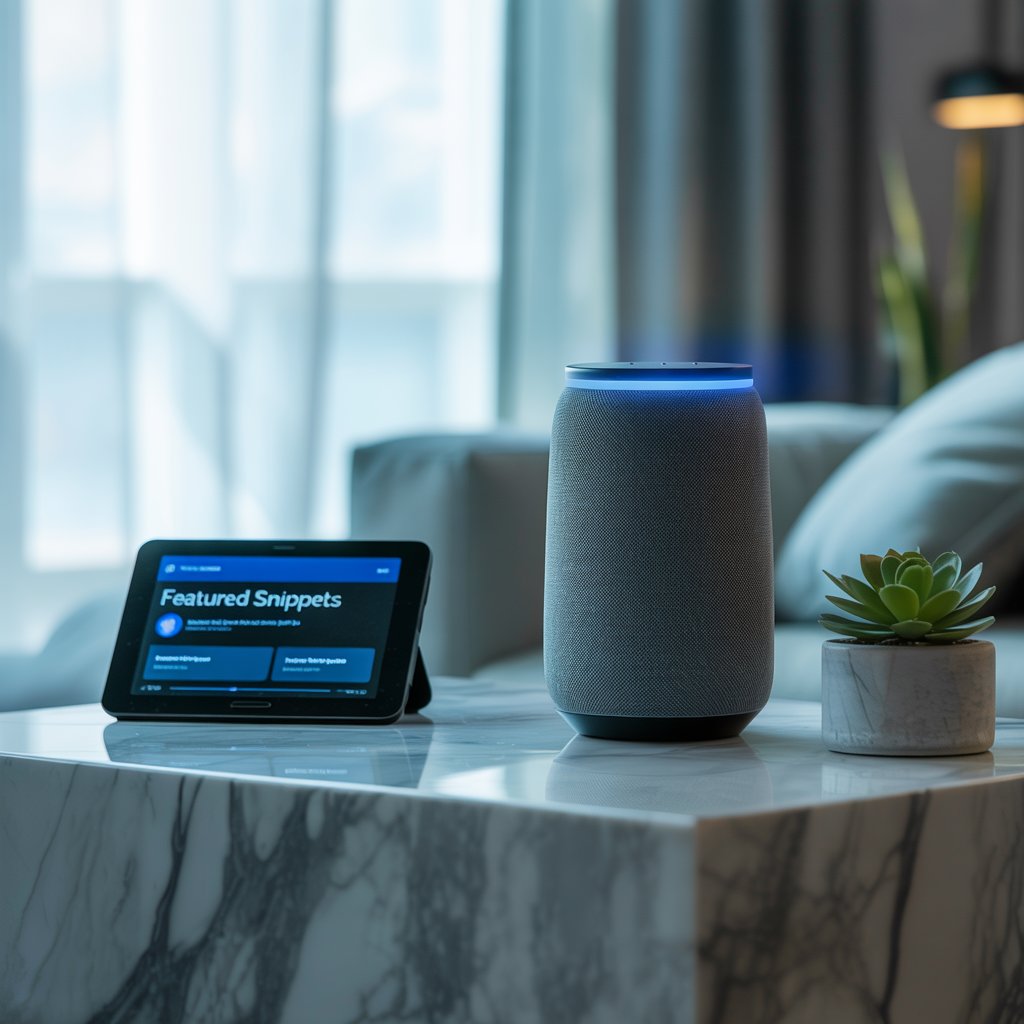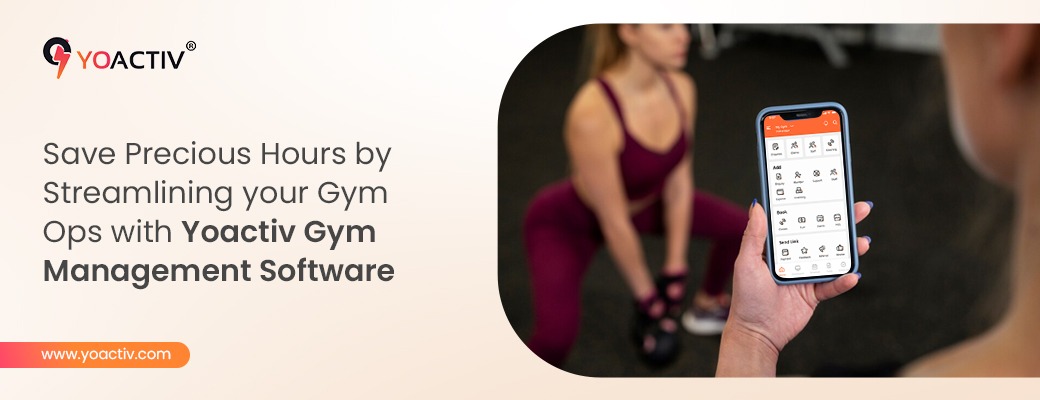Voice Search Optimization: The Future Is Listening
Welcome to the new era of search—where keyboards are optional, and voice-activated searches are the ruling force. Businesses that fail to optimize for voice search are missing out on billions of voice-based queries, real-time shopping requests, and hands-free searches that are shaping the next frontier of SEO.
But don't take my word for it. Let's eavesdrop on the biggest voice assistants in the world as they discuss what's next in the SEO revolution.












